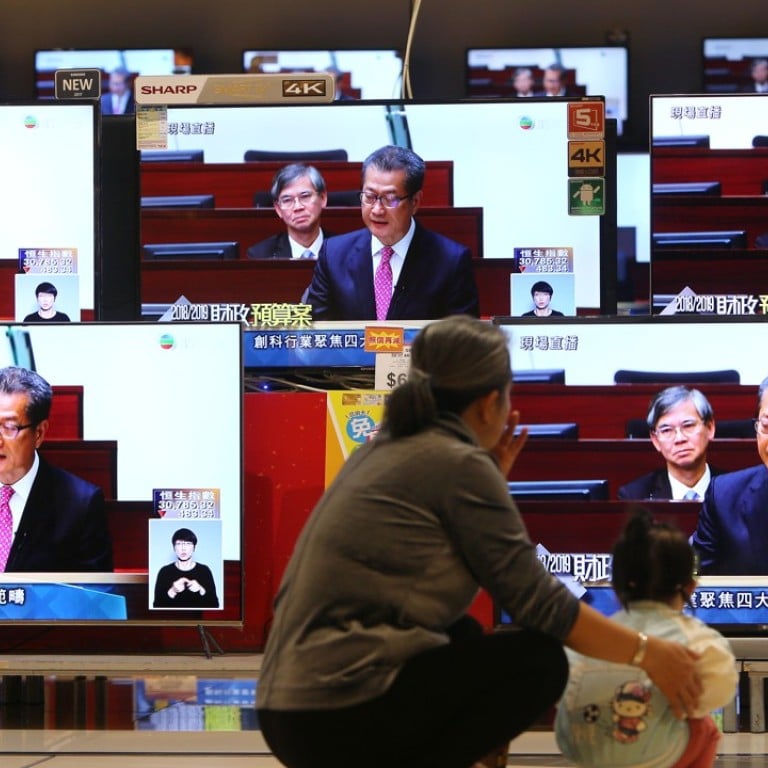
How Hong Kong’s tax regime short-changes residents by encouraging speculation and evading the city’s funding needs
Stefano Mariani says the missing piece in Hong Kong’s budget is tax reform, as Hongkongers have not made the connection between the city’s ‘simple and low’ tax regime and its housing, infrastructure and retirement protection problems
Hong Kong financial chief Paul Chan has made a difference with his budget but can he match ambition with action?
The notion of success, however, is relative and must be measured against prevailing social, economic and cultural priorities. A tax system that worked well in the glory days of frenetic growth in the 70s and 80s is not the tax system that will best serve Hong Kong in the three decades or so leading up to 2047.
If setting the tax rate low were sufficient to attract investment, then Somalia and Yemen should be booming centres of entrepreneurship
Our Inland Revenue Ordinance is a creature of the early 20th century and was envisaged by the colonial office as appropriate for a bustling entrepôt colony, not a 21st-century metropolis.
It may be important to keep our tax regime simple and low, but our tax laws must be fit for the purpose. Here, the distinction between tax rates and the structure of the tax legislation is important. If setting the tax rate low were sufficient to attract investment, then Somalia and Yemen should be booming centres of entrepreneurship.
Paul Chan vows to get tough on Hong Kong property developers hoarding flats
In January, I drafted a law reform project paper arguing for some modest measures.
Second, a flat annual tax should be levied on the holding of vacant residential property to discourage hoarding and to cool down the rental market.
Third, offshore dividends that are remitted or spent in Hong Kong should be taxed, thereby eliminating the indefensible absurdity whereby the salary of a resident employee is chargeable to salaries tax, but a dividend received by a resident investor from an offshore company is not.
For the government’s facile reasoning on tax reform to be challenged, taxation must become a political issue. Both civil society and Legco members interested in a sustainable future for Hong Kong’s economy have a duty to press the government to explain clearly how it envisages tackling the structural imbalances in Hong Kong’s tax laws and ensure that these begin to reflect the funding needs of the city not as it was, but as we wish it to be.
Stefano Mariani is a lawyer and revenue law specialist, who has published widely in the field of taxation. The views expressed in the article are solely those of the author

